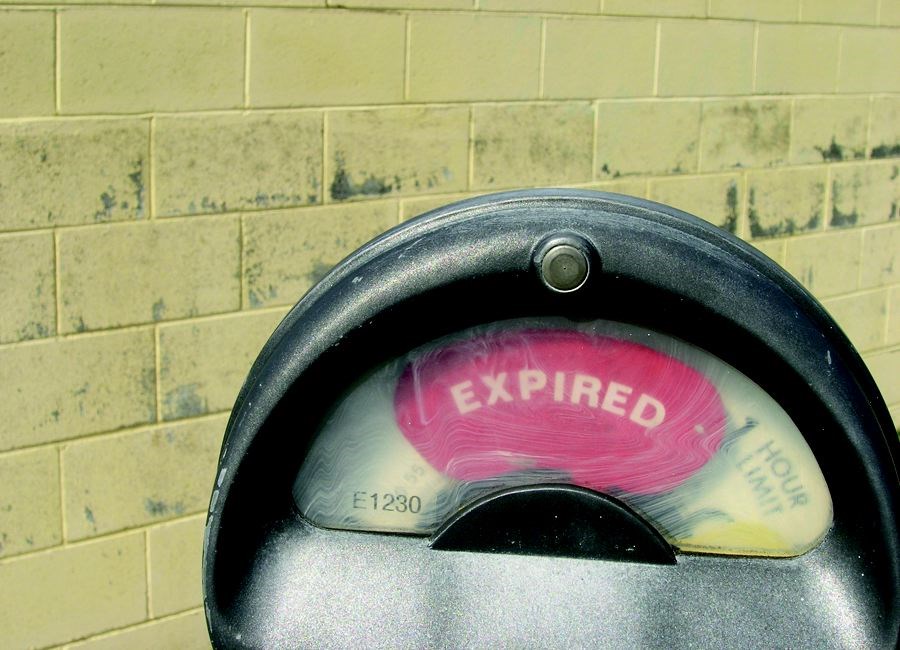The decision not to award a contract for a pay parking system Monday night may have been unanimous, but the reasons behind individual councillor's votes were varied.
The issue of enforcement, however, was the sticking point every one involved in the parking debate - whether on council or not - could agree on. How that new level of enforcement is going shape up was not immediately clear.
The proposed licence-plate recognition technology would have lent itself well to immediately identifying vehicles with multiple infractions.
"Part of the process that was envisioned for on-street parking was to change procedurally how we handle towing," said public safety and civic facilities director Rob Whitwham, in response to a question from Mayor Shari Green about how staff would handle the issue if the pay plan didn't proceed.
During the meeting, Coun. Cameron Stolz pressed for information as to what that parking penalty would look like.
"People are expecting heavier enforcement, they're expecting us to start towing," he said, asking for details on a timeline for change.
"I'll be speaking with staff and we'll have to look at what these developments will mean for us," Whitwham said, adding that he expects something coming forward before the end of the year.
Obtaining licence-plate recognition technology for a fraction of the capital cost of the proposed $1.2 million Aparc Systems contract is still an idea favoured by Downtown Business Improvement Association president Rod Holmes.
"That was one of the first things we mentioned to them. When they first gave the idea of bringing back pay parking, it took me 15 minutes on the Internet to come up with the licence-plate recognition technology," he said. "We suspect the total cost of doing a proper licence-plate recognition technology would be [an] $80,000-$90,000 capital cost. Not a million dollars."
The DBIA is also pointing to bylaws in cities such as Kelowna and Nanaimo that have towing regulations that they believe all the "city has to do is cut and paste," said Holmes. "We know that legislation is acceptable to the province so it shouldn't be difficult to get that bylaw approved."
In Nanaimo, the rules are written so vehicles can be towed if they are attached to three or more unpaid or uncontested parking tickets.
Last year in Kelowna, a system was proposed where vehicle owners are notified after they receive four tickets in a calendar year that they will get towed if a fifth ticket is issued.
The owner has to pay the fine to the city and the impound fee to the towing company to get the vehicle back.



